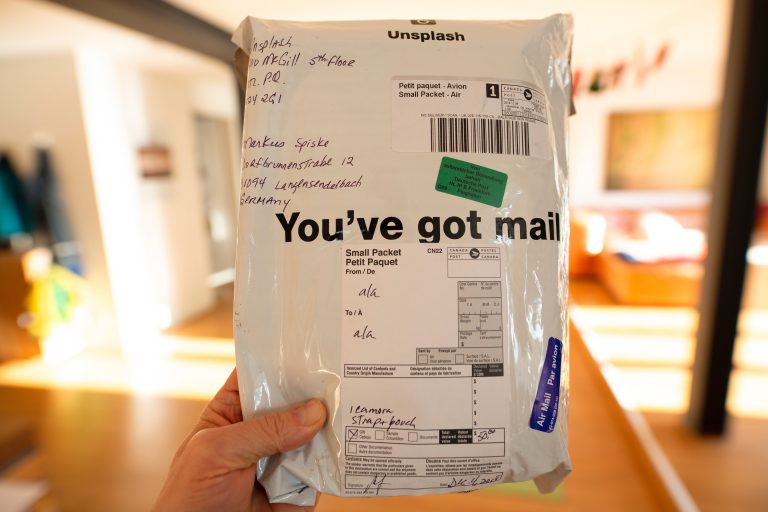

UPDATE: All of our Canadian shipments are now carbon neutral. We love the Great Bear Forest Carbon Project and its restoration of habitat in BC!
Recently online shopping has come under scrutiny for its carbon footprint. It is an example of the increasing complexity we face as conscious consumers. We hear something like that, but does it apply universally?
In this case the answer is emphatically NO!
An MIT study was reported by the CBC comparing the carbon footprint of in-store shopping against that of online shopping and the results are interesting. They concluded that if you don’t request rushed shipping, the carbon footprint of online ordering is lower than in-store shopping!
So, as a business with an online store, I might end this article here and simply ask you to dismiss what you have heard before in favour of this. But the truth is that if we want to be conscious consumers, we all need to dig a little deeper. We need to understand when a claim has credibility, what it really means, and how to apply it in shaping our behavior.
So let's dig in!

Consumer Transportation
Obviously, online ordering has no measurable customer transportation footprint: you do not go to the store. The chart shows that this is the largest contribution to the shopping experience. Given that it is in the control of the shopper, we can be mindful of this and reduce it innumerable ways: We can combine trips. We can choose to live in a walkable community. We can use public transit or cycle. So as conscious consumers we should do that when we shop in-store
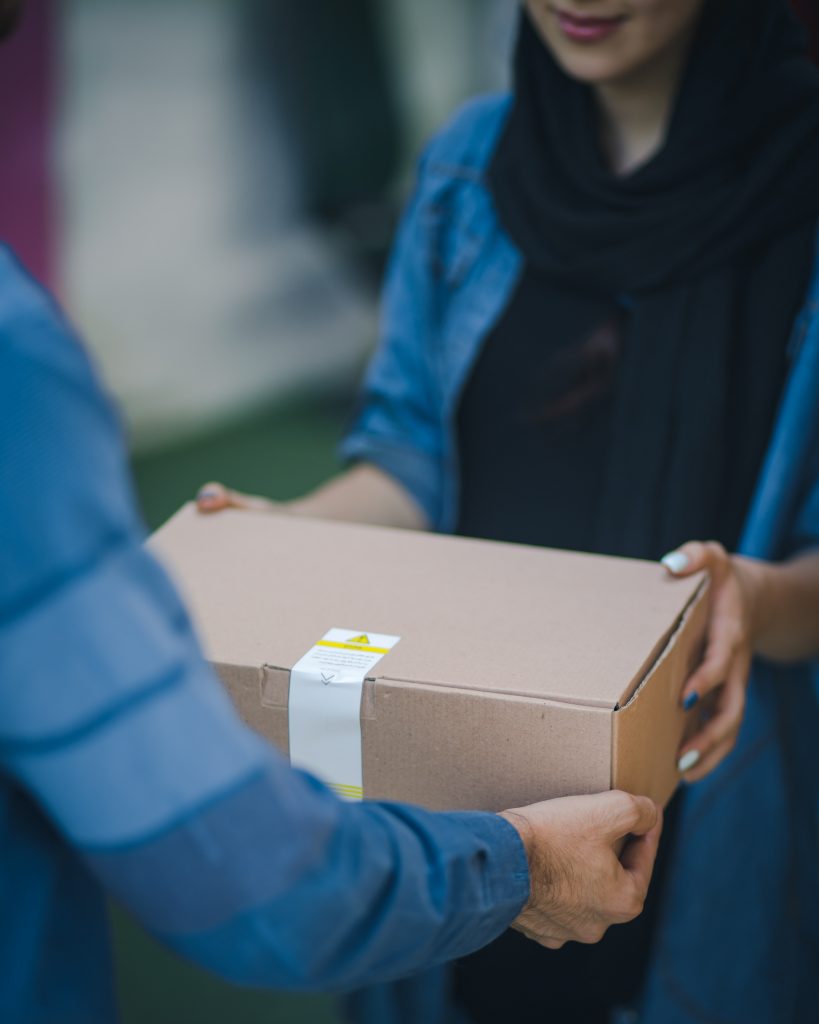
Delivery
Delivery is the footprint incurred by the retailer to get goods to you. For in-store shopping it is getting it from the warehouse to the bricks and mortar shop. The retailers represented in the survey have the scale to keep this carbon cost low.
For online shopping delivery is from the warehouse directly to the shopper. As conscious consumers, we can reduce its impact by being mindful. The delivery footprint is significantly lower if we are willing to wait for a delivery service that is a bit slower. Slower shipping avoids air shipping routes. They also allow combining your order with others going nearby. Further, slower shipping turn around gives the supplier the opportunity to ship orders complete and so reduces the potential of multiple shipments for one order.
We can also reduce the carbon cost by choosing delivery options that allow packages be delivered on the first attempt. Retries are a huge cost of delivery services.
According to Shopify, 1 in 5 items purchased online are returned, more than double the return rate of in-store purchases. As conscious consumers, we can consider our likelihood of being satisfied with our purchase prior to making it online.
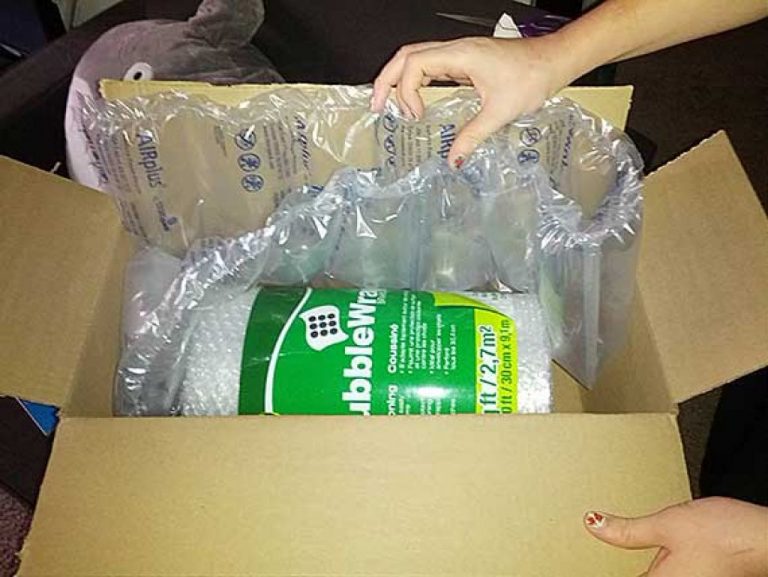
Packaging
The biggest carbon cost of delivering online orders is in the packaging: the shipping box and fill. The research paper points out that different sectors use differing amounts of packaging. It also includes a factor for returns and replacements while also noting these are quite different across sectors.
As conscious consumers we have little say over what packaging a given supplier uses, but we do have the option to select suppliers whose packaging is minimal and has the lowest impact.
How Does my Birds and Beans Coffee Order Stack Up?
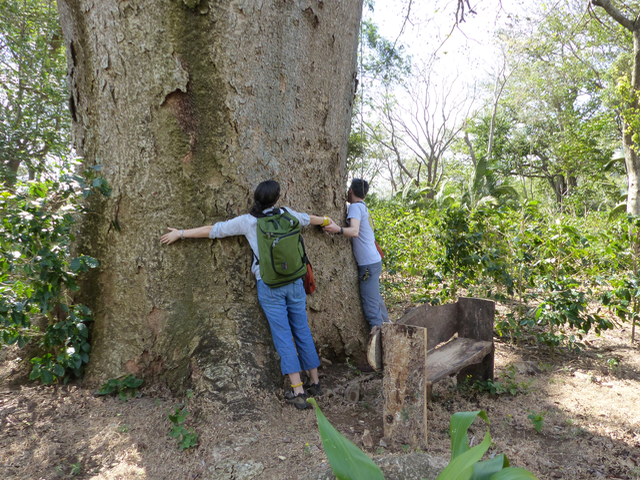
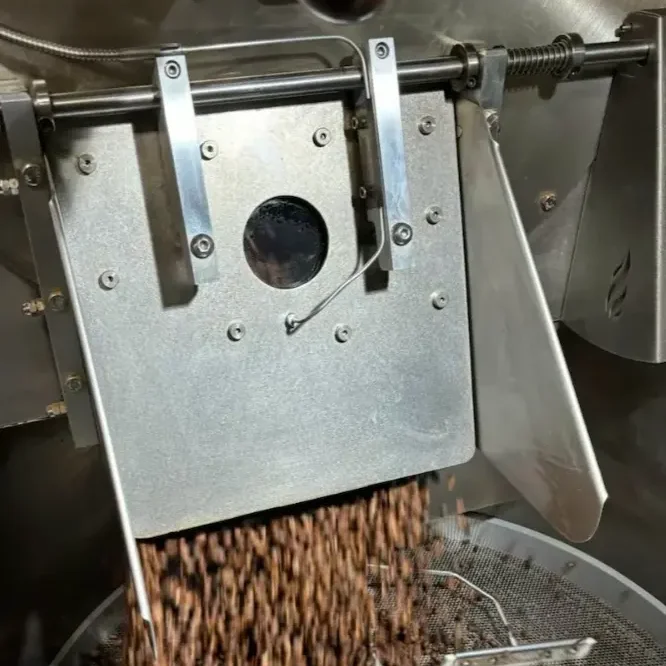
What about other Factors?
The author of the MIT study states explicitly that “the environmental impact of manufacturing and disposing the product themselves is not within the scope of this analysis”.
So most importantly, is it better to buy sun-grown coffee from your local grocer than to purchase certified Bird Friendly coffee online? Of course not! There are huge climate impacts from the loss of forest ecosystems caused by sun coffee. And the forest in which Bird Friendly coffee is grown has several mitigating impacts to climate change.
The carbon footprint of our roasting (what the author calls manufacturing) is deeply considered. We use a state of the art energy efficient roaster that recycles heat to run its built in afterburner. This eliminates at about 80% of the energy requirement of roasting with a conventional afterburner. This aspect alone dwarfs the carbon footprint of delivery.
Not only that, but we power our Roastery, including the roaster, with Bullfrog green natural gas and electricity.

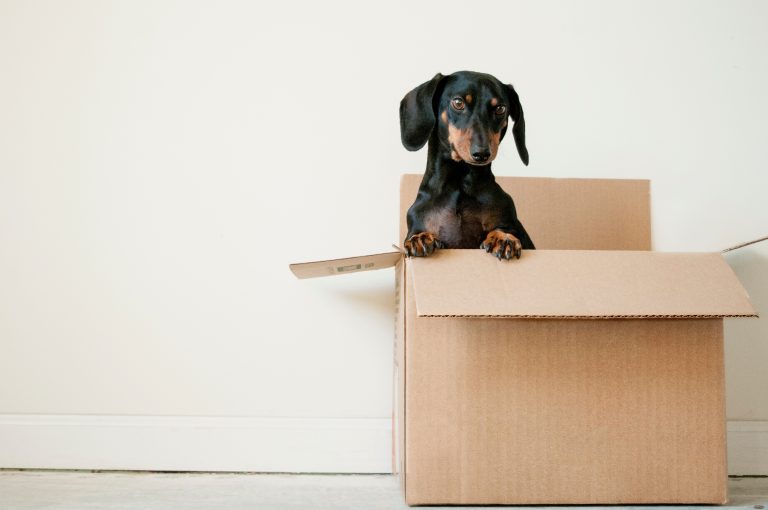

Packaging and Delivery
Now lets look at how we mitigate the impact of packaging and delivery.
From our retail coffee bags to our packaging peanuts, all of our packaging is compostable an always has been! Even our paper invoices are printed on paper made from sugarcane byproduct. Our boxes are made from recycled material and are of course are reusable and recyclable.
We use Canada Post for retail deliveries across the country. Their routes are designed to assemble packages to co-located destinations. Our standard delivery service hops onboard with their well designed system of moving goods across the country.
By default, Canada Post safe drops packages thereby almost eliminating the need for retries. We also offer their “leave at door” option for customers who prefer that.
A big component of the carbon cost of delivery is returns at a rate of perhaps 1 in 5. Because we commit to quality and customer service, our return rate is negligible… less that 0.01% or 2000 times less that the average.

Conclusion
So, yeah, if you are at a local café and they offer certified Bird Friendly coffee, sure, buy it there! If they don’t, then maybe ask them to carry it. And if that doesn’t work, how about starting a buying club to reduce the footprint of packaging and delivery. But if none of those work, then feel good about ordering from us online. We have taken every conceivable step to ensure it is the most environmental option.
We work to improve every day. As we find more sustainable solutions we act on them.
On sustainability, we are soaring above the crowd™ (but we would love to fly with a large flock and make some substantial global change 

